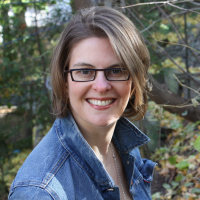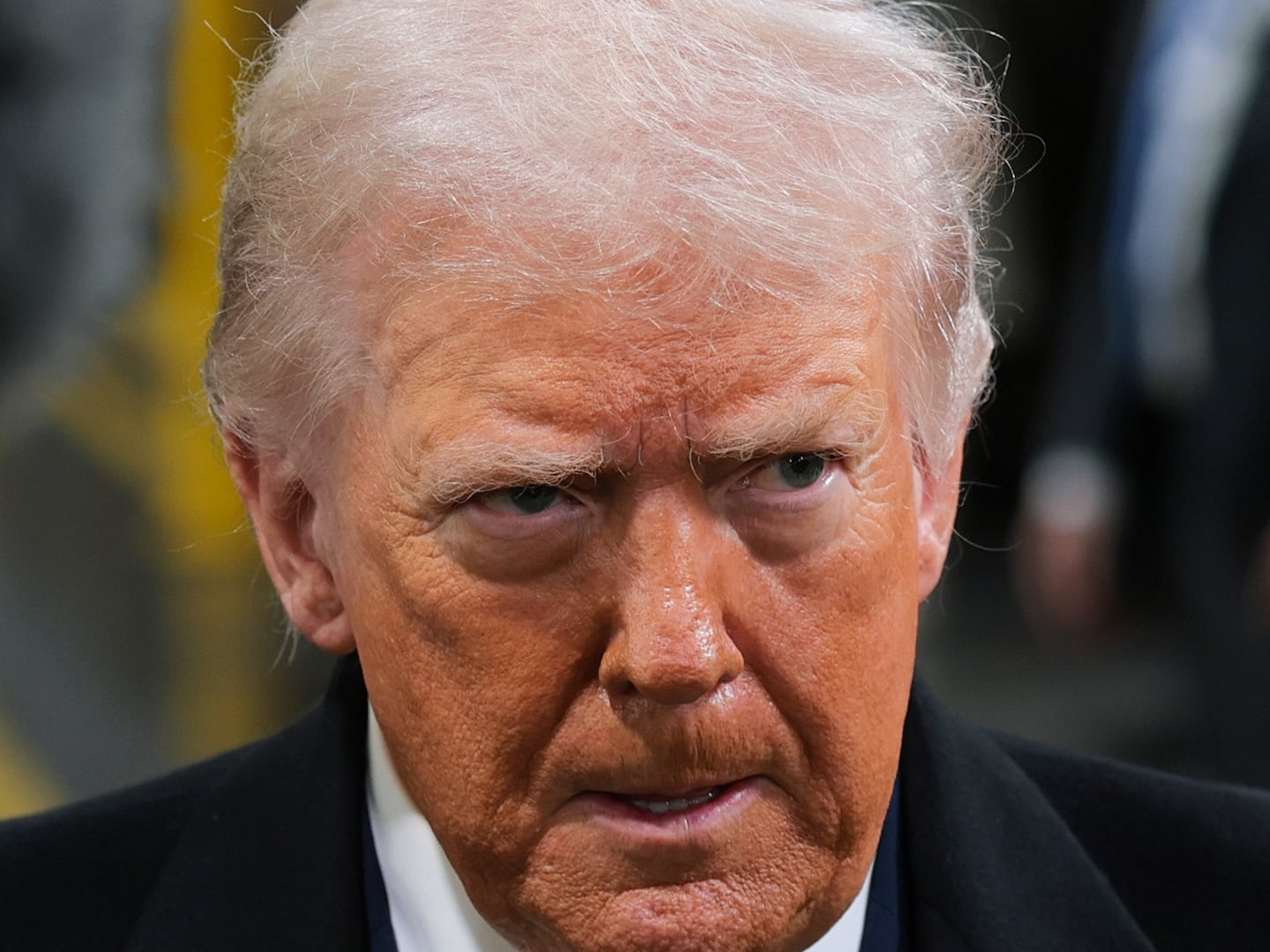Over my 14 months as a blogger at Open Zion, the forum whose purpose has been to “foster an open and unafraid conversation about Israel, Palestine, and the Jewish future” while promoting a two-state solution to the Israel/Palestine conundrum, I have learned a few things. With this, my 50th contribution for the site that is, sadly, closing in a few days, here are some reflections.
First, no one loves a liberal Zionist. This became increasingly clear to me as I, a liberal Jew who was accustomed to debating Jewish hawks on the subject of Israel, became frequently pummeled by the far left. The creepiest example is when an anti-Zionist website sought to compare my ethics-based call for a two-state solution to the worst of Jim Crow proponents in the American segregationist era. Of course, many voices on the other side of the spectrum still sought to argue that I was “demonizing” Israel or engaging in “propaganda” or simply in too much “tough love.” Still others were bothered by my position as a Canadian calling out Israeli excesses when my political privilege was won by my country’s founders “on the backs of others.”

Second, if familiarity breeds contempt, anonymous familiarity seems to fuel it even more. Visitors to the blog will be familiar with the quickly rising heat in many of the comment threads where sniping commenters frequently take cover behind their internet code names. But perhaps the most intriguing comment I received was one with a code name that suggested more intimacy than I was accustomed to. It was a handle consisting of the first part of a Canadian postal code, one that situated the writer precisely in the neighborhood near my synagogue.
In that piece, I had been responding to Rabbi Eric Yoffie’s thoughts on who should be considered within the synagogue-speaking tent when it comes to issues around Israeli democracy, hate speech, boycott, and the nature of the Jewish State, and who should be excluded. When I suggested that American Jewish leaders, including rabbis, who maintain a second home in the West Bank might be undermining the very ideals of democratic Israel, this Ottawa-postal-code commenter sought to tell readers that my synagogue’s rabbi is such a person.
Whether s/he was attempting to call me out on hypocrisy or generate further conversation about the state of Israel/Palestine discourse in our possibly shared community is difficult to know. What is clear to me, though, is that as we navigate these prickly issues, direct, face-to-face contact seems so much more productive to me. And in that, there is a great lesson to be learned for those who would seek to eschew dialogue between Israelis and Palestinians, and between their Diaspora proxy communities.
Finally, discussing rights and legitimacy is a political and emotional minefield, especially when it comes to Zionism. One of the more revealing debates ensued over my article critiquing Le Mood Montreal’s decision to bar two speakers who hold anti-Zionist views. One commenter asked, sarcastically, whether a Jewish group should be expected to host a KKK speaker. The question of whether opposing Zionism as a just solution to Jewish suffering is a hate-driven position has been an ongoing tension within these pages and across the Israel-Palestine debate corner of the blogosphere more generally. I have written multiple pieces in Open Zion defending the idea of a Jewish and democratic Israel living alongside a Palestinian state, a reality I hope to see brought to fruition in my lifetime. And for that, boycott-divestment supporters have been quick to pounce.
But those to my right—whether they oppose a Palestinian state altogether, or simply bristle at seeing Israel being criticized in print—hold a much more sinister view of the debate over Zionism. To them, opposing the Zionist project is pure hate. While I call myself a liberal Zionist and thus have opinions on the matter born mostly of pragmatism with some admitted subjective emotional ties woven in, I somehow am able to see the ethical legitimacy in discussing alternative arrangements to the Israel/Palestine conundrum. To wit, while the “one-state” solution is not one with which I personally agree, I sit on the dissertation committee of a student who is calling for such a solution. This arrangement would see a radical transformation in the political landscape of Israel and Palestine away from its current form and away from what liberal Zionists and the international community, in the form of the “peace process,” have been hoping for.
The academy is by nature a place where a range of political ideas, if couched in proper scholarly, theoretical and ethical forms, should have a place. I am grateful that Open Zion has cultivated a wide-open space, one less restricted to those with strictly academic allegiances and inclinations, where these ideas could be parsed and debated. Thank you to my smart, talented and engaged editors then and now, Peter Beinart, Ali Gharib, Lisa Goldman and Sigal Samuel, who helped keep my ideas fresh and my arguments sharp. For now, readers can still find me on my regular blog at Haaretz, called “The Fifth Question.” With that, I shall say l’hitra’ot, until such time as we meet again.






